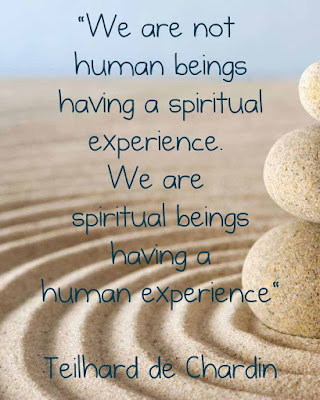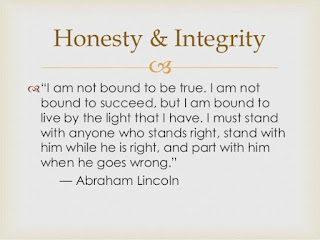Ethiopia’s Stunted Democracy : How Engineered Division Turned Promise into Polarization

Ethiopia’s fledgling democracy stumbled before it could take root. This failure is not Ethiopia’s alone; it echoes across much of Africa, where nations that once embraced self-determination now teeter toward discord. Our youth—those who should be the torchbearers of democratic ideals—have become captives to a politicized identity crisis. In today’s discourse, especially on social media, political opinions are interrogated not for substance but for the speaker’s ethnicity, region, religion or identities. Ideas have been subordinated to who we are: this or other ethnic group. We’ve ceased to be citizens first; we are now tribal emissaries, relics of a corrupted liberation struggle. This crisis was not born of chaos but of calculation. For over thirty years, higher education was turned into a tool for social engineering. Universities no longer nurtured critical thought; they manufactured ethnically charged elites. Curricula were hollowed out and replaced with dogma approved by those in ...













